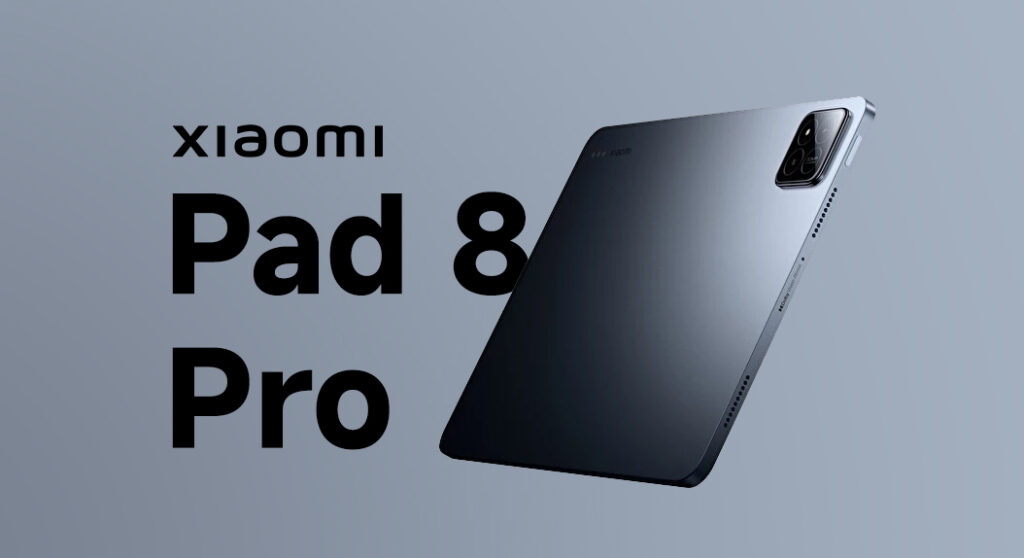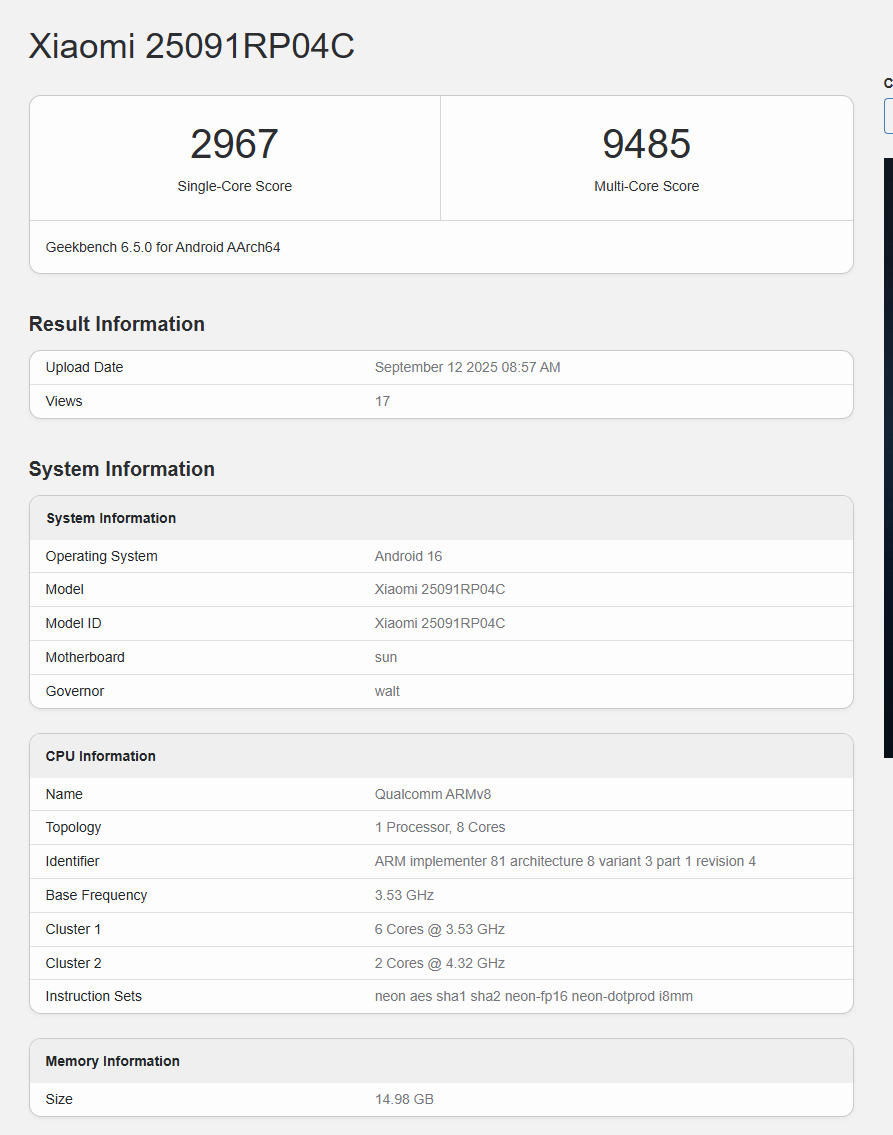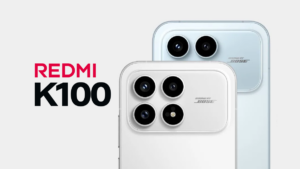Recently, the Xiaomi Pad 8 Pro emerged on Geekbench, catching the attention of industry watchers and consumers alike. Identified under model number 25091RP04C, the device posted an impressive 2,967 in single-core and 9,485 in multi-core benchmarks (Geekbench 6.5.0), underscoring its performance potential. It’s powered by Qualcomm’s Snapdragon 8 Elite, along with 16GB of RAM—specifications that point to a tablet built for productivity-focused users and intensive multitasking scenarios. For those tracking Xiaomi’s latest developments, it’s worth noting related announcements around the Xiaomi 16 smartphone series and upcoming HyperOS enhancements.
Next-Generation Tablet Features for Professionals
With the Pad 8 Pro, Xiaomi appears positioned to disrupt the premium Android tablet market. According to reliable industry sources like digital blogger @Digital Chat Station, the entire Pad 8 lineup will offer an 11.16-inch, high-refresh-rate LCD display, a battery capacity exceeding 10,000mAh, and fast-charging support. The base model is expected to deliver 45W charging, while the Pro boasts 67W—that’s efficient power management for professionals who can’t afford downtime. The robust hardware suite reinforces Xiaomi’s commitment to delivering tools for work, not just entertainment.
Expanding the Xiaomi Device Ecosystem
The upcoming Pad 8 Pro is also expected to launch alongside Xiaomi’s 16 series smartphones, a clear signal that the company is prioritizing ecosystem integration. The consistent use of flagship-level processors and Xiaomi’s HyperConnect system ensures that users enjoy a seamless experience across devices. For business users and tech enthusiasts, this interoperability can significantly enhance workflow, communication, and productivity.
For the latest device management and software updates, resources like HyperOSUpdates.com and the MemeOS Enhancer app (available via the Play Store) are recommended. These tools support device optimization and simplify system upgrade processes—key considerations for today’s business users.
Source: Geekbench


 Emir Bardakçı
Emir Bardakçı


